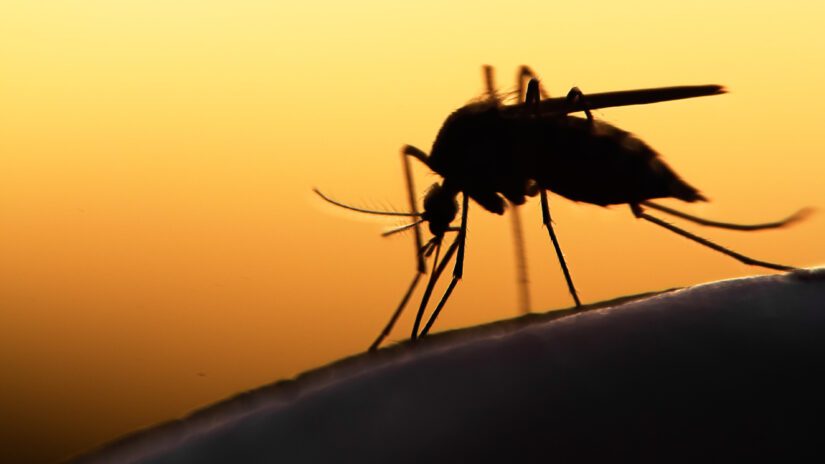Here’s what you can do to keep the mosquitoes away

It’s Mosquito Control Awareness Week, and with summer rains approaching, Pinellas County Vegetation Management and Mosquito Control is reminding residents they can do plenty to minimize their exposure to the troublesome insects.
Residents and visitors should remember the three Ds of mosquito prevention: Dump or cover standing water; Dress in loose-fitting long sleeves and pants while outdoors, Defend by using a CDC approved repellent such as DEET, picaridin, IR3535 or oil of lemon-eucalyptus.
“We can all play a part in preventing mosquitoes by checking around our homes for standing water and encouraging your neighbors to do the same,” said Alissa Berro, director of Pinellas County Vegetation Management and Mosquito Control.
When residents see a problem, they can call Mosquito Control at (727) 464-7503 or submit a service request online. But they can also help prevent mosquitoes through the following:
- Since mosquitoes only need one-quarter to one-half inch of standing water for larvae to survive, keep containers dry. Examples: flowerpots, garbage cans, recycling containers, wheelbarrows, aluminum cans, boat tarps, old tires and buckets.
- Flush birdbaths and wading pools weekly.
- Flush ornamental bromeliads or treat with BTI, a biological larvicide available at home stores.
- Clean roof gutters, which can become clogged and hold water.
- Change the water in outdoor pet dishes regularly.
- Keep pools and spas chlorinated and filtered.
- Stock ornamental ponds with mosquito-eating fish.
- Cover rain barrels with screening.
- Check for standing water under houses, near plumbing drains, under air condition drip areas, around septic takes and heat pumps.
- Take steps to eliminate standing water, improve drainage and prevent future puddling.
Pinellas County treats known breeding areas by ground and air. The division also works with the Florida Department of Health in Pinellas to keep residents and visitors safe. While mosquitoes do not transmit the virus that causes COVID-19, they can be carriers of other serious illnesses, such as the West Nile and Zika viruses and dengue.
The County has a sentinel chicken program, which surveils for mosquito-borne diseases by regularly testing chickens that are housed in eight target locations throughout the county. Chickens are effective sentinels because if bitten by a mosquito carrying a virus, they develop the antibodies much like we do for the common cold but do not experience illness.
For more information, visit Pinellas County Mosquito Control.